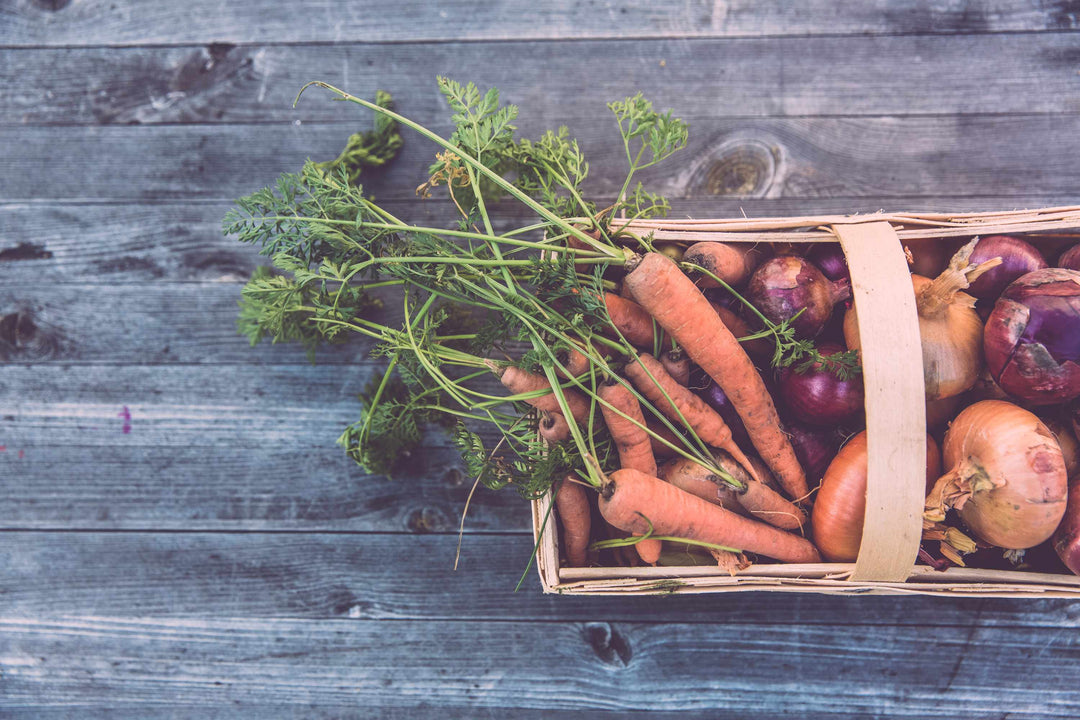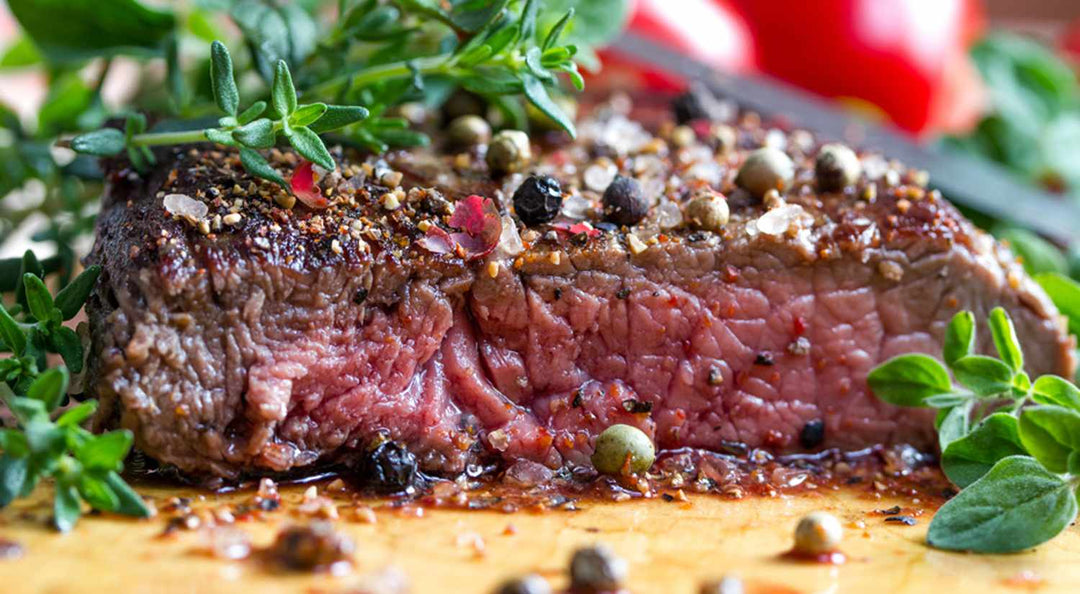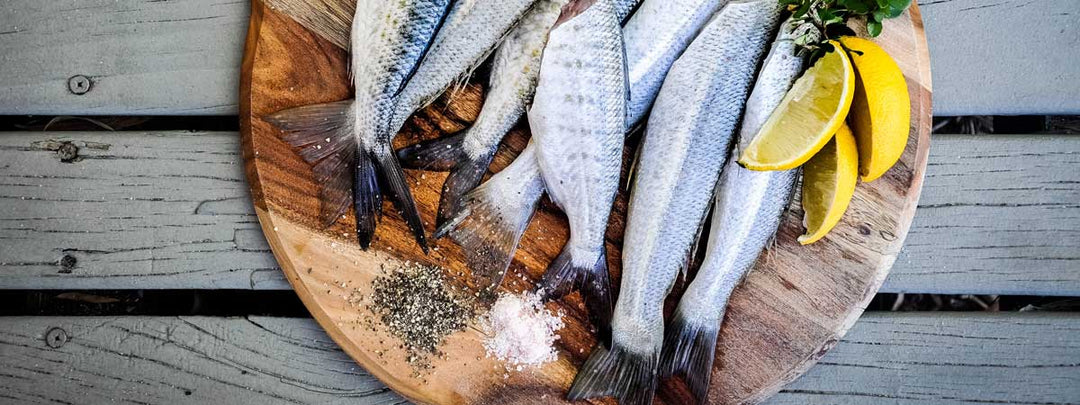Cooking with pepper – anyone who has ever started trying out and experimenting with special types of pepper knows that this multi-smelling spice unfolds its magic not only during cooking, but also before cooking. For example, when you prepare a hot sauce or conjure up a new spice mixture.
Some tips in brief:
- Choose the right type of pepper for your dish. Black pepper has a strong, spicy note, white pepper is finer and milder, green pepper is fresh and aromatic, and red pepper is a little more fruity.
– Use pepper sparingly as it can quickly become dominant. Start with a small amount and increase as needed.
- Grind the pepper fresh to release the full flavor.
- Experiment with different types of pepper to discover new flavor combinations. Each variety brings its own flavor to a dish.
- Avoid mixing pepper with salt as this may affect the taste. Add pepper and salt separately.
Can you heat pepper?
But did you know, for example, that you can roast pepper? Or does pepper become bitter when fried? Or that not only savory dishes go wonderfully with a touch of pepper? And that not all types of pepper are equally suitable for seasoning during cooking? If not, then the following tips and advice may help you.
What is less well known here is something that Indian cooks know from their millennia-old tradition of cooking with pepper and use instinctively: namely the fact that the intensity of the flavor of pepper depends very much on how it is prepared. In other words: whether it is boiled, steamed, roasted or fried. Since the flavors are not lost or only minimally lost in all of these types of preparation, they are all equally suitable. The only thing that is not advisable is frying the peppercorns, as this makes them bitter and also destroys the aroma.
Cooking with Pepper – Pepper and Oil
Since the shell of peppercorns contains various essential oils, pepper mixes extremely well with oils. You can use this to make your own aromatic oils in a very simple way: To do this, first lightly roast the crushed peppercorns. (Caution: they should not be fried, but only roasted briefly, otherwise the seeds will take on a bitter taste, as mentioned above).
Add different spices to the pepper according to your taste. Cardamom and chili, for example, go very well. Let the spices steep in olive oil for a couple of weeks. And you'll have a wonderfully fragrant oil that goes well with vegetable or fish dishes, or that you can serve with crispy bread.
Which flavor goes well with pepper?
Since pepper is neither sweet, sour nor salty, it complements all three flavors perfectly. It gives sweet dishes in particular a very special flavor through its sharp contrast. This was already known in ancient times. Back then, peppered desserts were highly valued - at least by the elite who could afford the luxury that pepper still was at the time. Relics of this ancient culinary art can still be found today in some European recipes, such as German gingerbread or Italian panforte.
The sweet and sour flavors of fruit are often even more intense with a touch of pepper. Sugared strawberries with pepper have been well-known and popular since the 1980s at the latest. If you like it a little spicier and want to try something more exotic, you should definitely try the Indonesian Rujak, an extremely spicy fruit salad.
When to season?
In order to preserve not only the spiciness but also the various aromas and scents of the pepper when preparing spicy dishes, it helps to follow a simple basic rule: white pepper is good to use during cooking, while black pepper is better for seasoning afterwards.
The fragrant, aromatic essential oils contained in the shell of black pepper escape as soon as the grains are broken by crushing or grinding. They therefore evaporate during cooking. With white pepper, on the other hand, no aromas can be lost because its shell has been removed and it therefore only develops the highly concentrated spiciness from the core, which is not lost during cooking. So always season the pepper for the steak well at the end.
What about grinding?
This applies to all types of pepper, whether with or without shell: hardly any other spice shows such a drastic loss of aroma after grinding. So it is best to pepper the food with a mill directly at the table - as Italian waiters have always known...
Pepper that is very suitable for roasting and making aromatic oils is black pepper. Have fun cooking with pepper.





